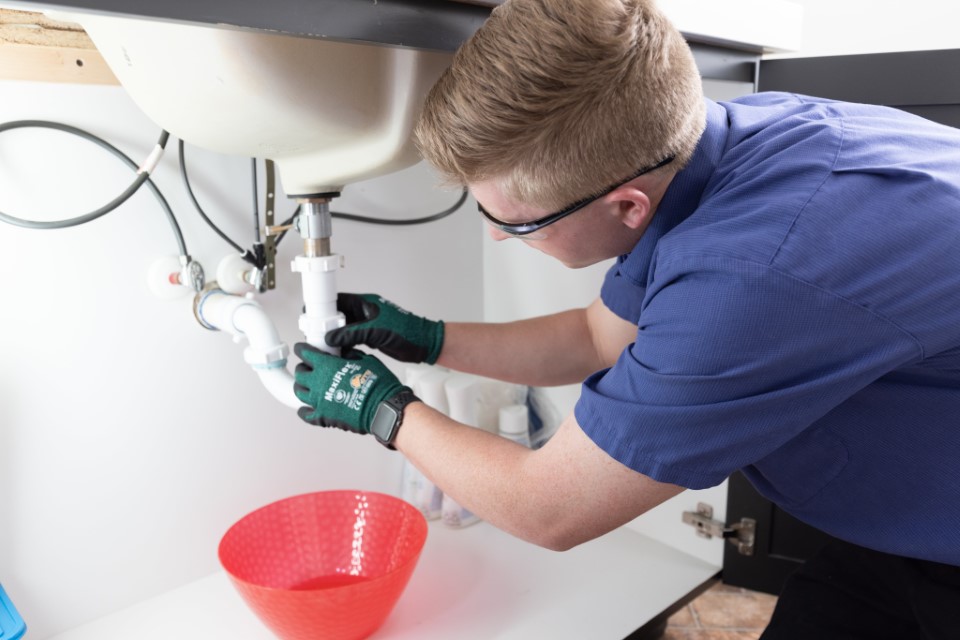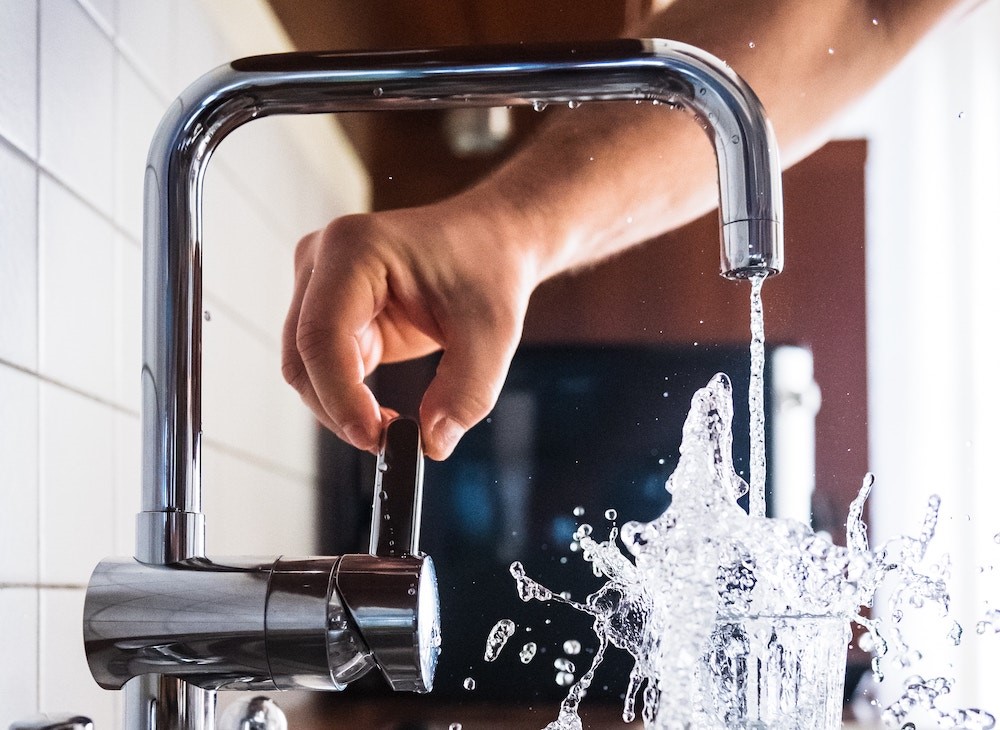Quick Solutions for Plumbing Emergencies: Key Steps to Take Until Help Arrives
Quick Solutions for Plumbing Emergencies: Key Steps to Take Until Help Arrives
Blog Article
Each person maintains their own individual idea about What to Do During a Plumbing Emergency.

Pipes emergency situations can strike at any time, triggering tension and possible damage to your home. Whether it's a ruptured pipeline, a clogged drain, or a leaking tap, recognizing how to manage the situation up until a specialist plumber arrives can save you from additional issues. This post gives important emergency pipes pointers to aid you mitigate damage and regain control during a pipes situation.
Switch off the Water
The primary step in any kind of plumbing emergency is to shut off the water supply. For local problems, such as a leaking faucet or bathroom, turn off the shutoff near the component. In the case of a major leakage or ruptured pipe, situate your home's primary water shut-off shutoff and transform it off instantly. Recognizing the location of these shutoffs in advance can conserve useful time throughout an emergency.
Shut down Your Water Heater
In specific emergency situations, such as a burst pipeline, it's important to shut off your hot water heater. This avoids getting too hot or damages to the unit when water quits moving. Turn off the power supply to the water heater (electrical or gas) and let it cool down to prevent possible hazards.
Briefly Quit a Ruptured Pipe
A burst pipeline can bring about significant water damage in minutes. To alleviate the concern:
Call an expert plumbing technician instantly to address the trouble completely.
Have an Emergency Plumbing Package
Prepare a standard plumbing emergency situation set to deal with minor concerns successfully. Your set should consist of:
Having these tools accessible can make a considerable difference in your capacity to handle emergency situations.
Unclog Drains Pipes Safely.
A clogged up drain can be a frustrating and unpleasant problem. Below's exactly how to tackle it:.
If these approaches don't function, avoid utilizing excessive force, as it might worsen the obstruction.
Take Care Of Overflowing Toilets.
An overflowing commode can cause instant disorder. Here's what you must do:.
Address Small Leaks with Short-term Fixes.
Small leaks can quickly become significant problems if left unchecked. Use these temporary fixes until professional help gets here:.
While these fixes aren't permanent, they can aid decrease water loss and damages.
Deal With Frozen Pipeline Carefully.
In cooler environments, frozen pipes are a common emergency situation. If you presume a frozen pipe:.
Know When to Call a Specialist.
While quick fixes can assist temporarily, particular plumbing concerns need immediate specialist interest. Call a plumbing if:.
Quickly speaking to an expert makes certain the problem is resolved properly and protects against additional difficulties.
Avoid More Damage.
Taking fast activity to minimize damage can conserve you time and money over time. Here's exactly how:.
Conclusion.
Pipes emergency situations can be overwhelming, yet with the right knowledge and tools, you can take care of the situation successfully till help shows up. By switching off the supply of water, resolving small leakages, and making use of short-term repairs, you can decrease damage and keep your home safe. Bear in mind, these tips are short-term options; constantly speak with a certified plumbing professional to handle the source of the trouble. Prep work and quick thinking are your finest allies in any type of pipes emergency situation.
8 Helpful Tips for Managing Plumbing Emergencies at Home
If your plumbing system hasn’t failed once, wait for it because almost everyone has a story to tell. Sometimes, it could be simple emergencies such as a leaking pipe, a blocked cistern, or even a big burst pipe. In situations like this, you need to have some handy tips to save you some money and from possible damages.
Take care of minor issues early.
Sometimes, you could have avoided an emergency by taking proactive measures while it was still early. Some major plumbing emergencies can be a result of an ignored minor issue. We recommend that you have items like plumbing tapes and other related items. A plumbing tape can allow you to manage minor leaks before the plumber arrives.
Cut off the water supply.
This tip is essential in almost any type of leakage problem. For problems like minor leakages in the toilet or kitchen, turn off the supply that takes water to the affected pipes. If the leakage is a major pipe, you must shut off the supply valve to the entire building. This will help you avoid flooding your home and neighbors if you share a flat.
Know your plumbing system
Folks typically move into a new apartment without understanding the water supply around the building. This can prove disastrous if a water emergency arises and the plumber is far away. The previous tip will prove useless if you don’t practice this one. More importantly, know where your water shut-off valve is located – you’ll need that knowledge to prevent potential home floods.
Have some common handy tools
There are lots of plumbing emergencies that you can handle without hiring a plumber. That’s why you must keep some tools available always. Some tools that you can use to fix simple plumbing emergencies easily include plumbing tapes, screwdrivers, thread seal tapes, plungers, pliers, tape measures, and rubber gloves.
Insulate your pipes from cold
You’ll save yourself from many plumbing expenses if you protect your water pipes from the cold. This is because of the harmful effects that cold weather can have on your pipes. During winter, your pipes can burst from being overly expected to freezing temperatures. So, make sure insulators are there to keep the pipes working correctly.
Avoid practices that will clog your toilet.
Many people indulge in practices that can damage the plumbing system of the entire building. One of these is when they use their toilet to dispose-off garbage. They flush all kinds of things, such as paper towels, bandages, hairs, female sanitary products, etc., down the toilet. This will block your toilet in the long run, incurring unnecessary expenditures. Dump such waste in the trash instead.
Check your dials regularly.
Sometimes, there could be leakages in your home without noticing them in time. So, constantly monitor your water meter dial. If the dial is reading when there is nobody using water, this is an indicator that there is leaking. Check for leaks immediately. Call a plumber as soon as possible if you can’t find any.
https://www.constructionplacements.com/8-helpful-tips-for-managing-plumbing-emergencies-at-home/

I was shown that article about from a buddy on a different web address. You should take the time to promote this content if you enjoyed it. We truly appreciate reading our article about .
Call Today Report this page